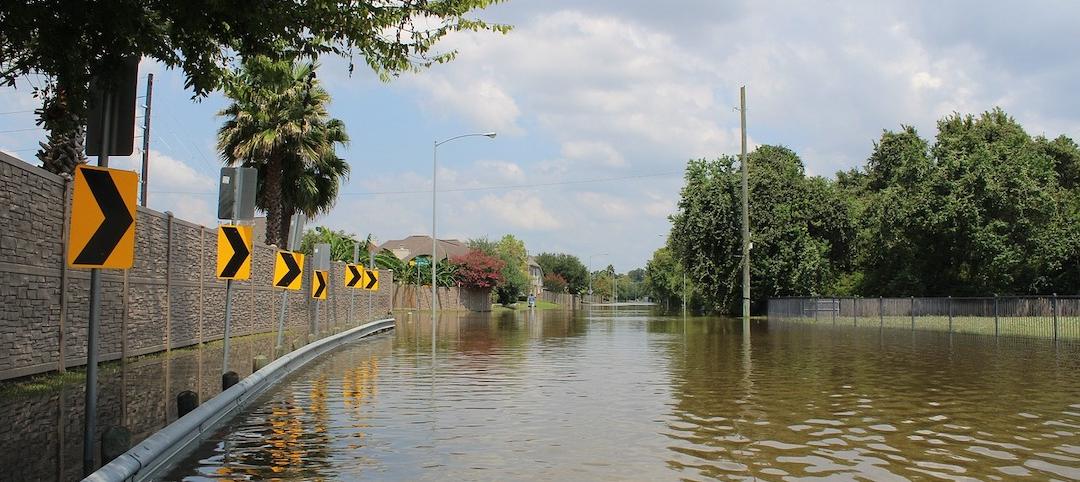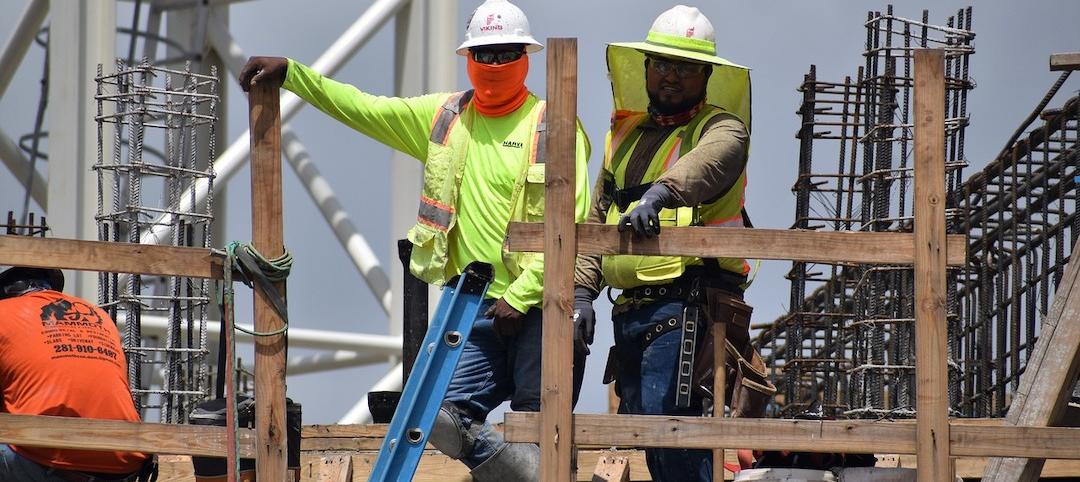As of Jan. 1, 2015, all employers under the jurisdiction of the Occupational Safety and Health Administration are required to report all work-related fatalities within eight hours and all in-patient hospitalizations, amputations, and losses of an eye within 24 hours of finding out about the incident.
Even employers who are exempt from routinely keeping OSHA records due to company size—such as companies with 10 or fewer employees— must comply with the new reporting guidelines. These firms typically do not have to routinely keep injury and illness records.
Before the new regulations went into effect, employers only had to report all work-related fatalities and hospitalizations of three or more employees involved in the same incident.
There are some circumstances that are exempt from the reporting requirements including:
· Only fatalities occurring within 30 days of the work-related incident must be reported.
· For an inpatient hospitalization, amputation or loss of an eye, incidents must be reported to OSHA only if they occur within 24 hours of the work-related incident.
· Employers do not have to report an in-patient hospitalization if it was for diagnostic testing or observation only.
(http://www.insurancejournal.com/news/national/2014/12/31/351332.htm)
Related Stories
Codes and Standards | Jan 19, 2022
Canada’s Trudeau seeking building codes changes, net-zero emissions building strategy
Prime minister also wants net-zero electricity grid by 2035.
Codes and Standards | Jan 18, 2022
Greater emphasis on building materials needed to achieve net-zero carbon offices
Engineered wood, straw, and bamboo can be keys to achieving goal.
Codes and Standards | Jan 17, 2022
AISC seeks comments on draft earthquake standard for steel buildings
Includes new limits for cross-sectional slenderness of steel columns based on latest research.
Codes and Standards | Jan 12, 2022
California’s wildfire building code significantly reduces structural loss
As other states consider upgrading their codes, Golden State provides useful model.
Codes and Standards | Jan 12, 2022
Regulator holding back climate-friendly, energy-saving equipment deployment, critics say
Heat pumps, solar power could be made more accessible for low-income communities in Massachusetts.
Codes and Standards | Jan 11, 2022
Cost hikes drive nearly one million renters out of homeownership qualification in 2021
Household income needed to pay a mortgage rose to $62,872 from $55,186.
Codes and Standards | Jan 10, 2022
New ratings services focus on climate risk for homeowners
Efficacy of models used in risk assessment varies.
Codes and Standards | Jan 6, 2022
Virginia contractors having a tough time finding diverse subs to meet state goals
Survey of primes may indicate similar issues at federal level.
Codes and Standards | Jan 5, 2022
Boston drops parking requirements for affordable housing
Measure expected to spur new projects.
Codes and Standards | Jan 4, 2022
Dept. of Energy Better Climate Challenge aims for 50% GHG emission reduction by 2030
Program offers technical assistance and peer-to-peer knowledge sharing.

















